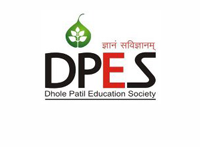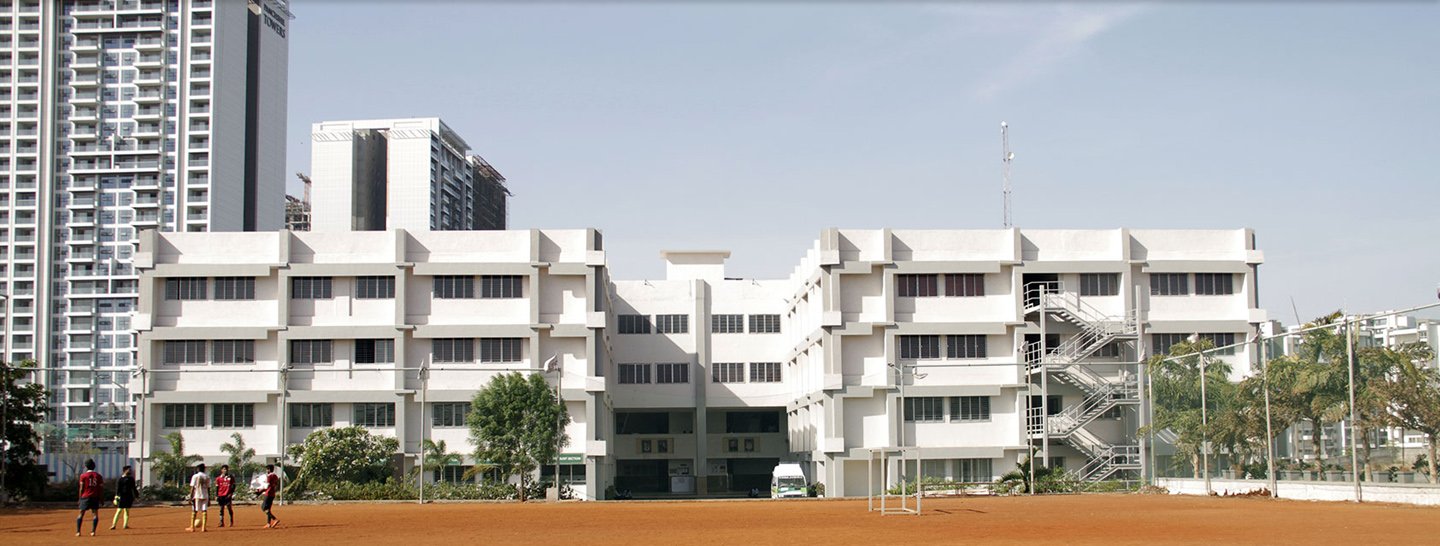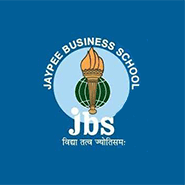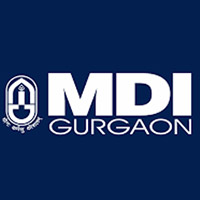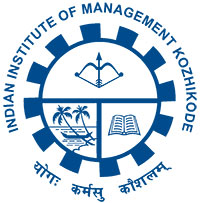The department of Mechanical Engineering was established in 2008 with an intake of 90 students in four year Bachelor of Engineering programme and commenced to offer two year Master of Engineering programmes in 2012 and 2013 in Machine Design Engineering and Heat Power Engineering with intake of each 15 students. The department is equipped with state of art infrastructure, qualified, well experienced and skilled faculty members in diverse domains. The department possesses several functional MoU with reputed organizations, sponsored projects and industry linkages to have enormous industry institute interactions. The department aspires for an elite status and pioneer in multidisciplinary education and innovations. The offered programmes integrate their structure with domains of mechatronics, computing, control systems, robotics and nanotechnology, etc to contribute rich resources to various enterprises.
Program Outcomes (PO)
Engineering Graduates will be able to:
- Engineering knowledge: Apply the knowledge of mathematics, science, engineering fundamentals, and an engineering specialization to the solution of complex engineering problems.
- Problem analysis: Identify, formulate, review research literature, and analyze complex engineering problems reaching substantiated conclusions using first principles of mathematics, natural sciences, and engineering sciences.
- Design/development of solutions: Design solutions for complex engineering problems and design system components or processes that meet the specified needs with appropriate consideration for the public health and safety, and the cultural, societal, and environmental considerations.
- Conduct investigations of complex problems: Use research-based knowledge and research methods including design of experiments, analysis and interpretation of data, and synthesis of the information to provide valid conclusions.
- Modern tool usage: Create, select, and apply appropriate techniques, resources, and modern engineering and IT tools including prediction and modeling to complex engineering activities with an understanding of the limitations.
- The engineer and society: Apply reasoning informed by the contextual knowledge to assess societal, health, safety, legal and cultural issues and the consequent responsibilities relevant to the professional engineering practice.
- Environment and sustainability: Understand the impact of the professional engineering solutions in societal and environmental contexts, and demonstrate the knowledge of, and need for sustainable development.
- Ethics: Apply ethical principles and commit to professional ethics and responsibilities and norms of the engineering practice.
- Individual and team work: Function effectively as an individual, and as a member or leader in diverse teams, and in multidisciplinary settings.
- Communication: Communicate effectively on complex engineering activities with the engineering community and with society at large, such as, being able to comprehend and write effective reports and design documentation, make effective presentations, and give and receive clear instructions.
- Project management and finance: Demonstrate knowledge and understanding of the engineering and management principles and apply these to one’s own work, as a member and leader in a team, to manage projects and in multidisciplinary environments.
- Life-long learning: Recognize the need for, and have the preparation and ability to engage in independent and life-long learning in the broadest context of technological change.
Program Specific Outcomes (PSO)
PSO1: Ability to analyze, formulate, synthesize data and technical concepts to solve real life problems.
PSO2: Ability to apply knowledge and skills for diverse domains with creativity, commitment and social consciousness.
PSO3: To inculcate professional and ethical codes in professional practices and commitment to social responsibilities.
PSO4: To instill positive attitude, excel in communication skills and ability to work as an individual or in a team.
PSO5: To prepare students to use modern tools effectively to solve real life problems.
PSO6: To explore multidisciplinary fields and professional capabilities to approach local and global needs.
PSO7: To build critical awareness in personal attitudes, behaviors and professional aspirations.
Program Educational Objectives (PEOs)
PEO1: To build capabilities to identify, formulate and diagnose real time issues to accomplish career goals and to cater professional requirements
PEO2: To impart problem solving capabilities with analysis, synthesis and evaluation capabilities
PEO3: To instill skills to design components, systems and processes within realistic constraints such as manufacturability, sustainability, economical, environmental, social and ethical issues
PEO4: To infuse curiosity in the domains and adapt to revolutionary changes in technologies
PEO5: To inculcate a passion for multidisciplinary fields
PEO6: To ignite inherent technological skills through value based education to build human capital.

